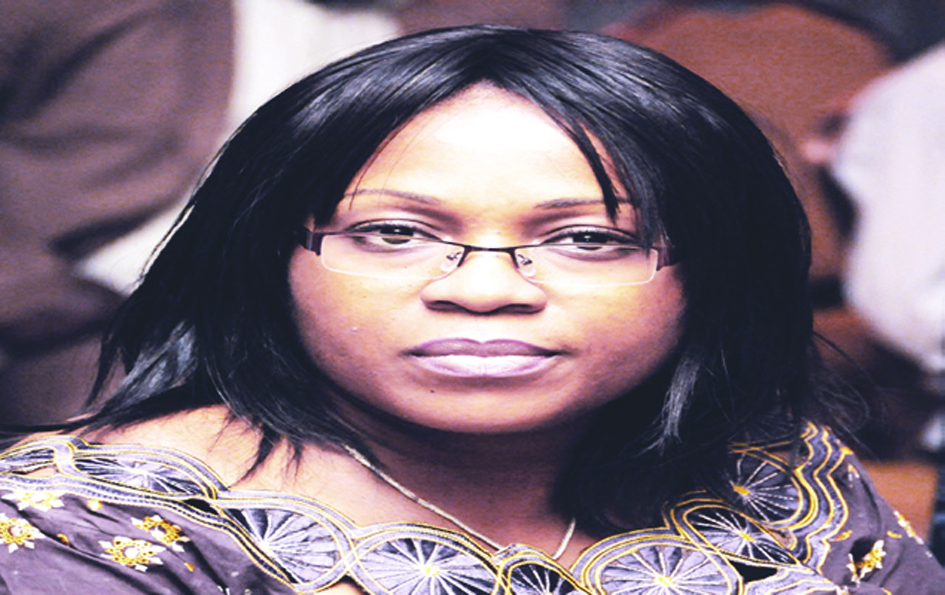[tweet][digg][stumble][Google][pinterest][follow id=”Username” size=”large” count=”true” ]

The National Institute for Hospitality and Tourism initiates measures to collaborate with the Nigerian Tourism Development Corporation and other relevant agencies to classify and grade hotels in the country.
In a bid to reposition the hospitality industry in Nigeria, the National Institute for Hospitality and Tourism has concluded arrangement for the compilation of data of hotels in the country for the purpose of classification and grading.
Mrs Chika Balogun, Director-General of the institute said the classification would ensure that Nigeria hotels are well graded and classified according to international standards. “Some of the hotels in the country do not have the facilities to be rated as five, four or three stars. Most of the hotels classified as five, four or three stars do not have the required facilities. Therefore, there is the need to compile the list of Nigerian hotels for thorough classification and grading,” Balogun said.
She said it is imperative for hotels in the country to be graded and classified according to international standards because “foreigners and some hospitality experts are complaining that some of the Nigerian hotels classified as five stars do not have the facilities required to be classified as such.”
She, however, added that the grading and classification would be done in collaboration with Nigerian Tourism Development Corporation (NTDC), Ministry of Culture and Tourism, the National Orientation Agency (NOA) and Hotel Licence Authority. She said that hospitality experts and other relevance government agencies would equally assist in the classification exercise.
Mrs Balogun said after the classification and grading, the institute would send the list of the graded and classified hotels to the appropriate authorities for preparation of catalogue. She was optimistic that such grading and classification would boost the image of the country’s hospitality industry.
Many stakeholders believe that classification of hotels has become imperative as such grading would provide a clear distinction on the type of facilities and services available in the hotels. Mallam Aliyu Badaki Ajayi, president of Hospitality and Tourism Management Association of Nigeria (HATMAN), said that the move would boost the industry. “The classification and grading will ensure proper standardisation in terms of facilities, services, pricing and healthy competition in the industry. It will enhance the marketing and promotion of the facilities and services at both local and international markets. It is also a means of packaging the nation as a serious tourism destination for the global travel market,” he said.
Mr Ikechi Uko, the organiser of Abuja Bantaba and Akwaaba African Travel Market, decried the inability of the federal government to classify hotels. “Classification of hotels helps to create standard. If you tell me this is a 5-star hotel and I am paying $200; I know that I am paying for the product but when you don’t classify hotels, you will see all kinds of shabby hotels touting themselves as 5-star hotels and charging exorbitant prices. It’s simply theft, robbery or making undue profits on false pretences. So one of the major reasons we need to classify hotels is to set standard and help the industry grow,” Uko said.
Experts are of the view that hotel ratings are mostly used to classify hotels according to their quality. From the initial purpose of informing travellers on basic facilities that can be expected, the objectives of hotel rating has expanded into a focus on the hotel experience as a whole. International hotel rating systems are as diverse as the countries themselves. Today, the terms ‘grading’, ‘rating’, and ‘classification’ are used to generally refer to the same concept, that is, to categorize hotels, mostly using stars as a symbol.
Rating exercises vary depending on the organization involved, but the most commonly used is the star rating. It therefore means the higher the number of stars the greater the luxury. Everything from food service, entertainment, view, room, spa, fitness centre and ease of access and location are criteria in hotel ranking/standards.
While it’s seen as a norm in other countries, most African countries (Nigeria inclusive) do not have a methodical classification system. And the traveller/lodger seems to be worse for it, paying more for less as some hotels grade themselves highly with corresponding high room rates. A number of criteria – room size, restaurant options, amenities, entertainment facilities – must be met in order to get a star rating.
Over the last few years, United Nations World Tourism Organisation (UNWTO) has been working with international hotel and restaurant associations to develop methodical guidelines on establishing national hotel classification systems. This will provide a step by step guide that will assist hotel associations and tourism administrators to produce a rating system.
The process of Inspection and Grading Criteria in hospitality requires three key elements namely government regulatory board (that is the tourism or hospitality regulatory board, legislation, and private public partnership (with a grading agency).
According to Dozie Odigboh, an online tourism entrepreneur and consultant, “classification and grading constitutes an indicator, a crucial piece of information that should give confidence to the consumer before, during and after their stay while according appropriate expectation for a particular experience and service.’’
“The second objective is the standardization for listings; this will allow vendors or go-betweens, like the tour operators, big companies and travel agencies, to have a reference with which to use in their business catalogues, for negotiating bulk rates with hotel chains or when preparing their travel ‘specials’,’’ he says.
“The third objective is that of constituting an instrument for marketing and promotion. When a hotel features its grading ‘star’, it enables it to promote its specific characteristics, their additional services, based on their ‘certification’ provided by their stars. It is also a useful tool in measuring the development and standard of tourism infrastructure and commitment to business travel which is a significant index in measuring inbound tourism in Nigeria.
[divider]

